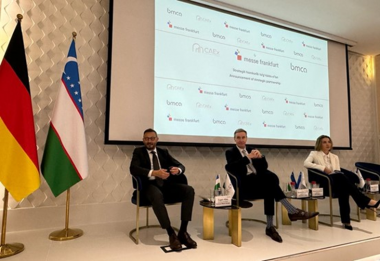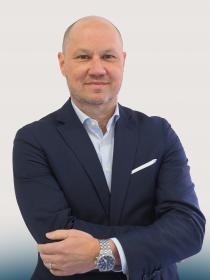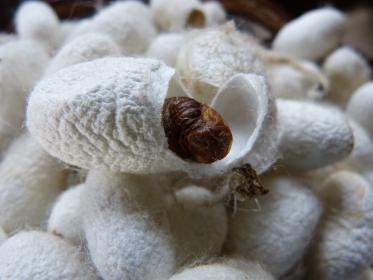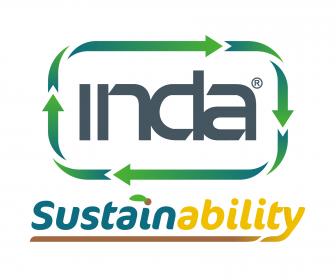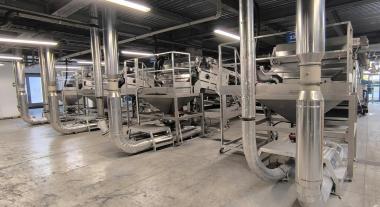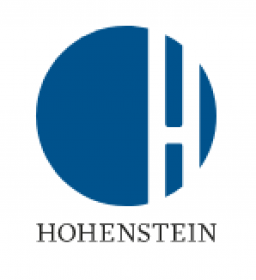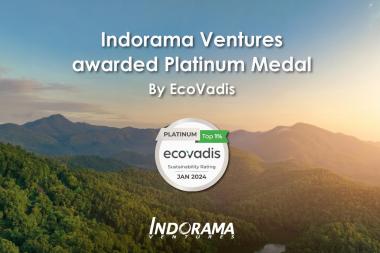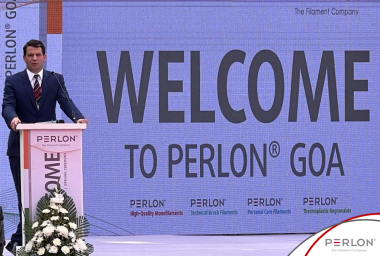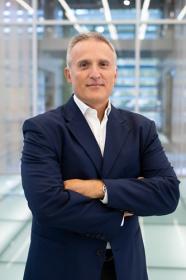DITF: Modular cutting tool recognized with JEC Composites Innovation Award
Hermann Finckh received the JEC Composites Innovation Award in the category Equipment Machinery & Heavy Industries for the innovation MAXIMUM WEIGHT REDUCTION OF COMPOSITE TOOLS. The research team from the German Institutes of Textile and Fiber Research Denkendorf (DITF) developed a new modular cutting tool for woodworking machines, which was produced and successfully tested by the industrial partner Leitz GmbH & Co. KG.
The extremely lightweight planing tool was made from carbon fiber-reinforced plastics (CFRPs) instead of aluminum using a completely new modular construction principle. As a result, it weighs 50 percent less than conventional tools. It enables significantly higher working speed, which enables a one-and-a-half-fold increase in productivity. The development of the extreme-lightweight principle was performed by numerical simulation and every solution was virtually tested in advance. A patent application has been filed for the concept.
DITF Leitz GmbH & Co. KG fiber-reinforced plastic JEC Composites JEC Innovation Awards German Institutes of Textile and Fiber Research Denkendorf
Deutsche Institute für Textil- und Faserforschung (DITF)





